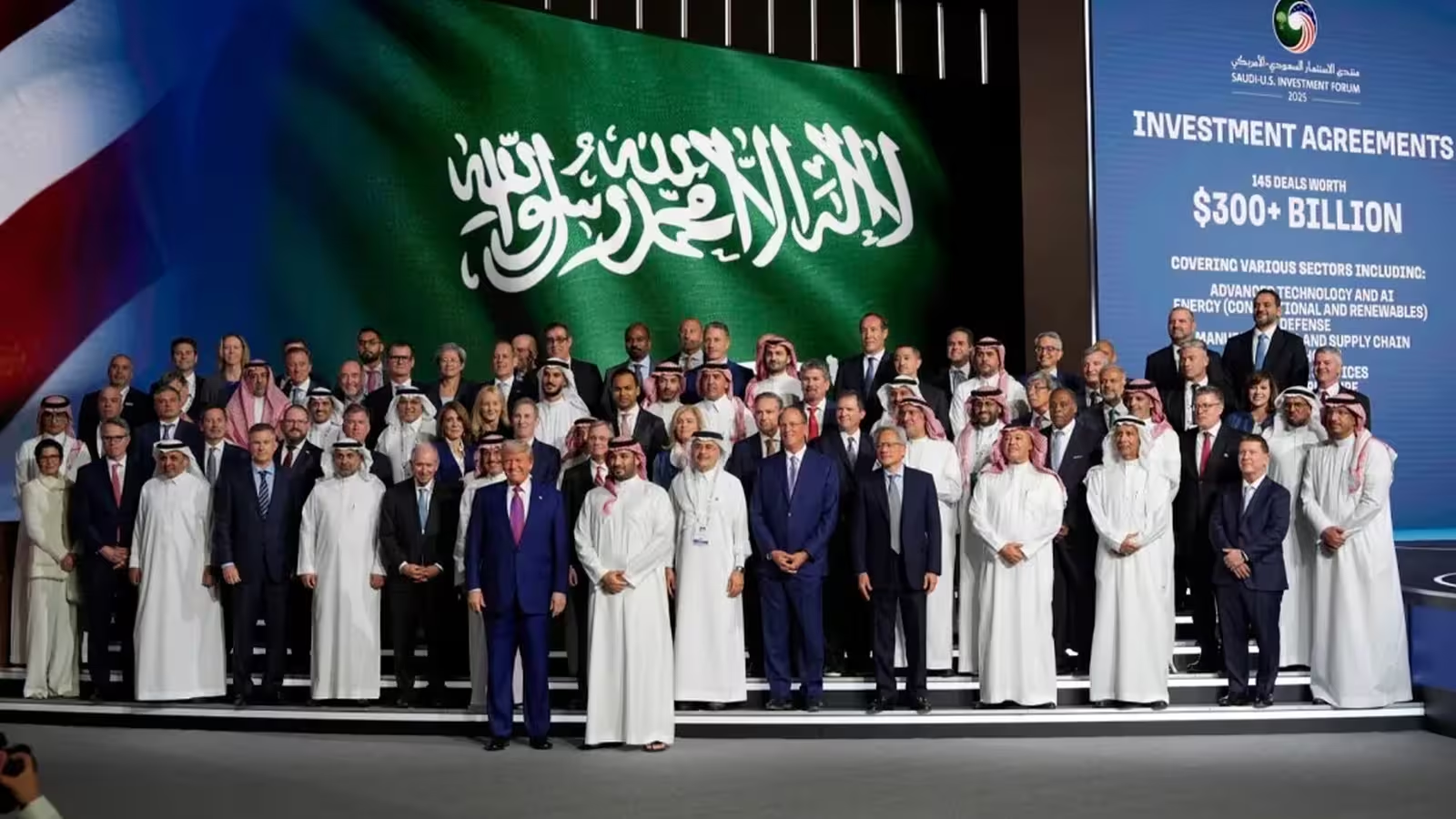2 Minutes
NVIDIA's Strategic Expansion Challenged by Geopolitical Risks
NVIDIA, the world’s leading manufacturer of AI chips, is witnessing surging demand for its cutting-edge hardware from countries across the globe. In particular, Saudi Arabia and the United Arab Emirates have placed massive orders for NVIDIA’s next-generation AI chips, seeking to accelerate digital transformation and strengthen their artificial intelligence infrastructure. However, mounting concerns over potential technology leakage to China are causing hesitancy in Washington regarding final approval for these sales.
US Policy and Middle Eastern AI Ambitions
Amid ongoing US-China tech tensions, American policymakers are reevaluating the risks of advanced AI chips finding their way into China's hands, even indirectly. Both Saudi Arabia and the UAE maintain close economic ties with Beijing, raising red flags about possible unauthorized transfer or re-export of sensitive hardware. Due to an earlier experience where advanced semiconductor technology reached China through backchannels, US authorities are now scrutinizing deals involving strategic partners in the Middle East.
NVIDIA’s GB300 Blackwell and Regional Investments
The centerpiece of this controversy is NVIDIA’s GB300 Blackwell AI chip, renowned for its high-performance computing and robust scalability for enterprise AI solutions. The UAE’s ambitious AI projects aim to deploy up to 100,000 of these chips, signaling a major leap for the region's digital capabilities. Similarly, Saudi Arabia, in collaboration with HUMAIN AI, has invested heavily in NVIDIA’s hardware, aiming to boost its standing in global AI research and deployment.
Comparing Market Strategies and Global Impact
With declining sales in China due to US export restrictions, NVIDIA is strategically targeting the Middle East as a new growth frontier for AI hardware. These markets offer substantial opportunities for revenue diversification and partnerships in AI-driven economic transformation. However, the uncertainty surrounding regulatory approvals could limit access to the latest technology for Gulf states and slow progress on major national AI initiatives.
Challenges and Market Relevance
Currently, exact timelines for the finalization of these multi-billion-dollar contracts remain unclear. The US government is considering additional safeguards and restrictions to prevent advanced semiconductor technologies from reaching adversarial states. How Washington resolves this issue will have far-reaching consequences for global AI infrastructure, international supply chains, and the balance of technological power.
Source: reuters



Comments